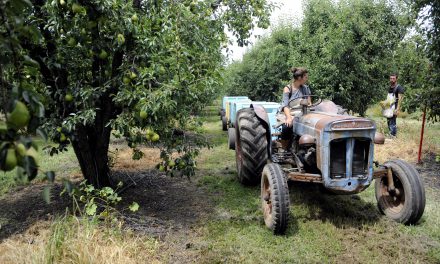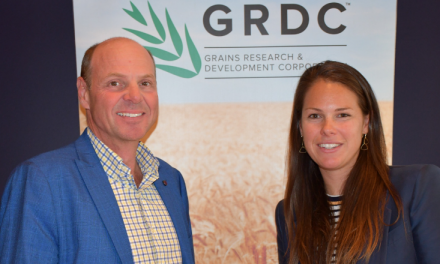The Australian Livestock and Rural Transporters Association (ALRTA) has called on Australian Transport Ministers to reject a proposal to increase heavy vehicle charges by 11.8% and instead return to fair and transparent charging processes.
The total charge is made up increases of 6.0%, 3.0% and 2.4% respectively compounded over three years.
ALRTA National President Stephen Marley said that the proposal was without justification and would damage rural and regional Australia.
“Rural and regional communities rely on road freight services to bring their produce to markets and to deliver household and business necessities. Any increase in transport costs is an increase in the cost of living,” said President Marley.
“Under current PAYGO arrangements, proposed heavy vehicle charges should be calculated by the National Transport Commission (NTC) based on road and regulatory cost allocated to heavy vehicles using a cost base, cost drivers and allocation rules. The Fuel Tax Act 2016 also requires the Federal Minister to make publicly available for at least 60 days and consider any comments in response to:
- A proposed increased rate of road user charge; and
- Any information relied upon to determine the rate increase”.
“ALRTA is not aware of any published information justifying an increase in heavy vehicle charges. This is particularly concerning given that the sector is well aware that we have been over-charged by $1.4b since Ministers agreed to freeze charges in response to an NTC recommendation to decrease registration charges by 6.3% and the fuel levy by 1.14cpl from 1 July 2014.”
“While ALRTA supports fair cost recovery, it is not reasonable to expect industry to absorb a 6.0% increase from 1 July 2020 when governments flatly refused to absorb a decrease of similar magnitude just five years ago. Increasing freight costs in the midst of a severe drought and widespread bushfires will further damage rural and regional economies around Australia.”
“ALRTA implores Transport Ministers to continue the current charging freeze from 1 July 2020 and instead direct the NTC to undertake modelling and consultation necessary to support a return to fair and transparent cost recovery principles.”
“We also ask that any future charging adjustments be ‘smoothed’ over several years to prevent detrimental business impacts that inevitably occur with sudden cost spikes.”








